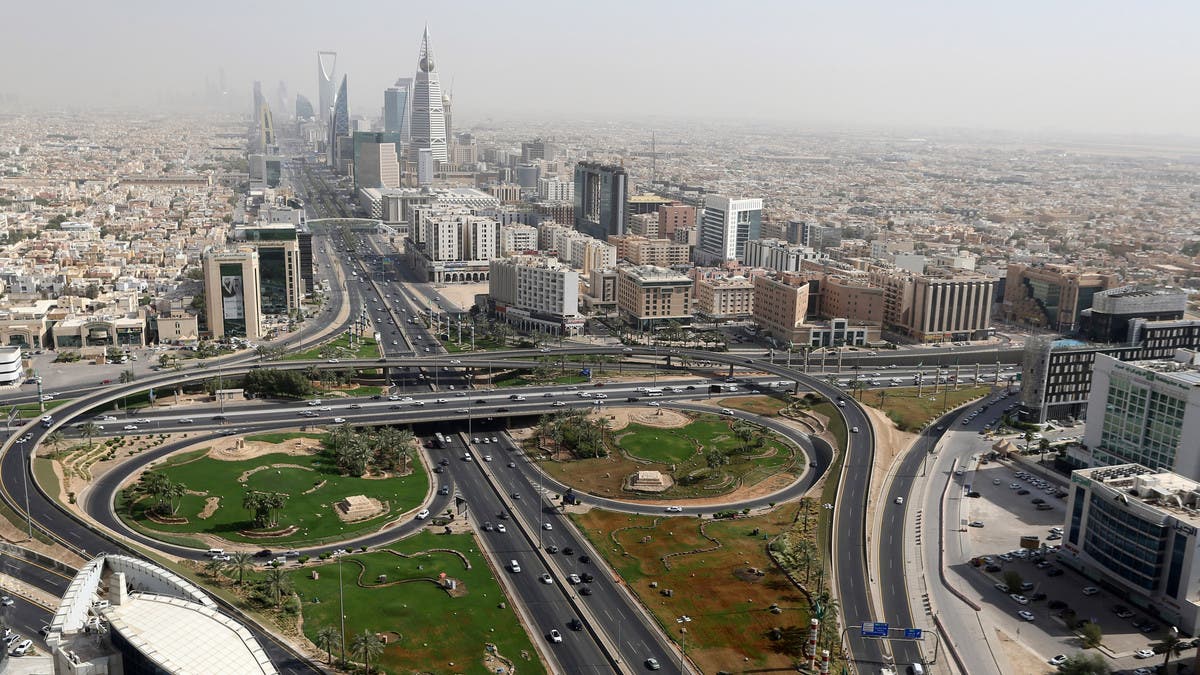Business
Saudi business confidence hits two-year high as boom in non-oil sector continues
-

 World3 years ago
World3 years agoComprehensive plan for development of Arab culture to be discussed at UAE conference
-
Entertainment1 year ago
R-rated Winnie-the-Pooh movie brings scary spin to Disney’s beloved character
-

 World2 years ago
World2 years agoHead of new Yemeni council promises end to war via peace process
-

 Entertainment7 years ago
Entertainment7 years agoNew Season 8 Walking Dead trailer flashes forward in time
-

 World7 years ago
World7 years agoIllinois’ financial crisis could bring the state to a halt
-

 Entertainment7 years ago
Entertainment7 years agoThe final 6 ‘Game of Thrones’ episodes might feel like a full season
-
World1 year ago
At least 53 dead in Turkey after 7.8-magnitude earthquake: Officials
-
Entertainment10 months ago
Accused of rape, British comedian Russell Brand speaks of ‘distressing’ week








